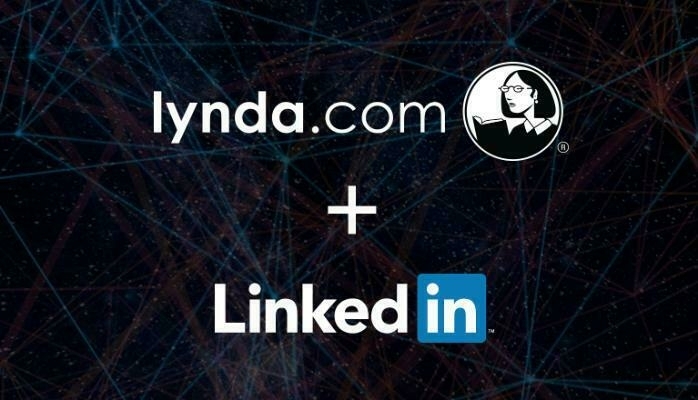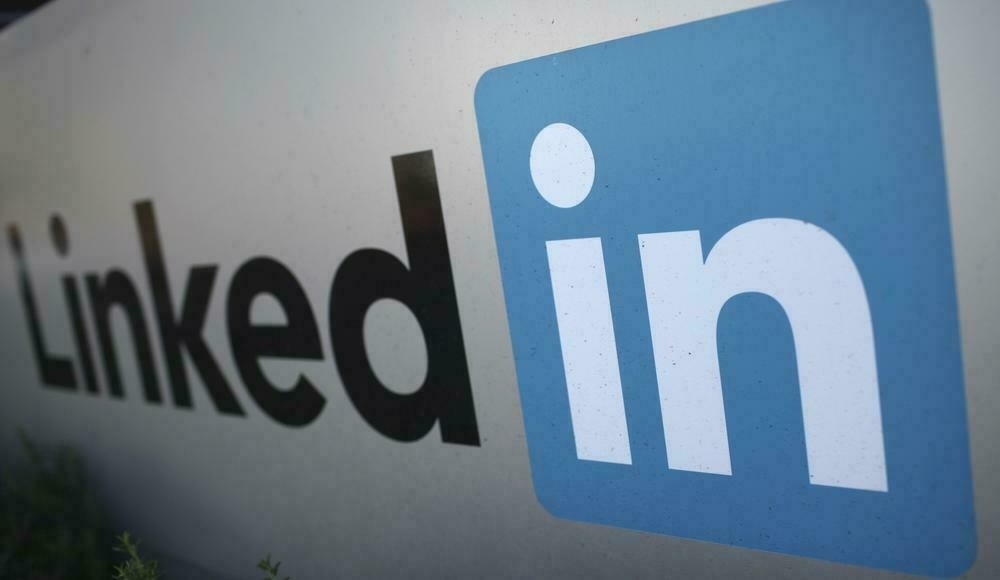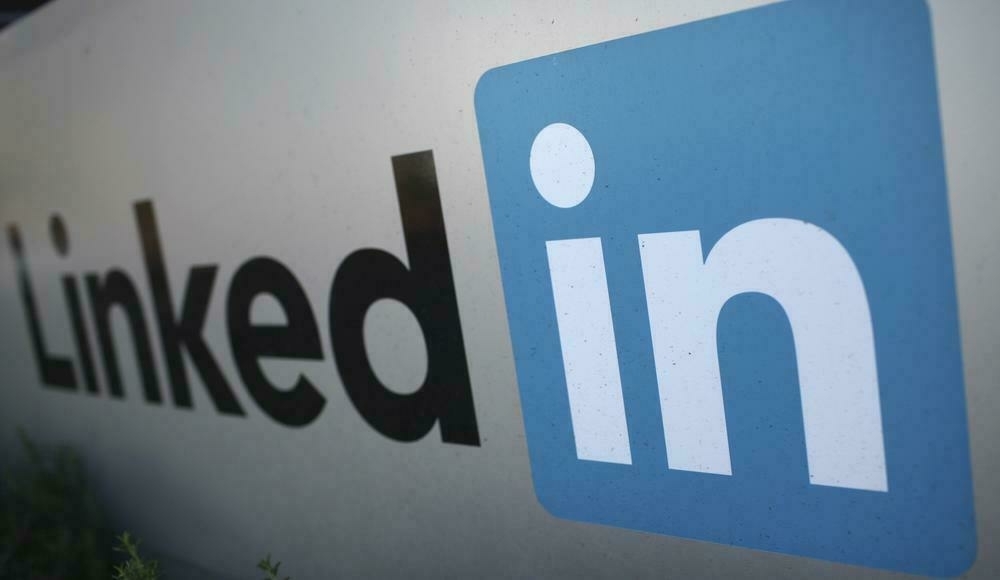Microsoft to buy LinkedIn for $26 billion
#This…. could turn ugly.
This…. could turn ugly.

As of January 2015, more than 23.3% of the top 10 million websites are using WordPress (source). To say it’s a popular choice for a content management system is an understatement. Part of its appeal are the thousands of free and commercial, pre-made themes available for the system. They are an enticing way to publish a website with little or no knowledge of programming required.…
It helps to understand the motivation different parties may have in creating a WordPress theme for sale or free download.
Individual programmers are often motivated to create a theme to upload it to a site that sells them at low cost. Much like a stock photo, think of these themes as stock themes. You pay a fee that is a fraction of the cost of hiring a professional to create a custom design and theme, you download it for your website, and the individual programmer gets a small cut of that fee. With free themes, the original programmer usually requires that a link back to them appear on the site, gaining them more internet exposure.
However, there’s also a third, more nefarious reason for creating free themes – to spread malware and other malicious code. That’s right, some unscrupulous individuals will code nasty stuff right into a theme hoping to cash in on the popularity of themes and the ease of installing them, as well as uneducated or uninformed user. So how do you avoid this one? Of course I’d recommend going custom (more on that shortly), but if you’re determined to use a pre-made theme, be careful where you get them. There are several popular sites that sell themes, and WordPress.org has a directory of themes. Those are your best bets but you often have little recourse if you purchase or download a free theme and install it yourself any of these occur:
- you manage to screw something up on the site
- your site is hacked
- your site is flagged by Google for containing malware
Using a WordPress theme? You might want to read this … | Sherry Holub | LinkedIn.
Interesting article on job quitting/hopping
“The Culture of Quitting” | LinkedIn.
 LinkedIn never ceases to amaze with me the articles it has, especially about recruitment. Did you know some questions that may be asked in interviews are actually ILLEGAL in some parts of the world?
LinkedIn never ceases to amaze with me the articles it has, especially about recruitment. Did you know some questions that may be asked in interviews are actually ILLEGAL in some parts of the world?
Looking at this list, I realised that I’ve been asked some of these questions before in some of my own interviews without realising they are not really relevant (or in some cases, legal).
Here are some commonly asked interview questions that are inappropriate and in fact illegal in many parts of the world:
Have you got children?
What is your age?
What is your citizen status?
What is your weight?
What is your financial status or credit rating?
Have you got any debts?
What is your family status?
Do you believe in God?
Where do you go to church?
Do you drink alcohol?
What do you do at the weekends?
What religious holidays do you observe?
What is your race?
Have you ever been arrested?
Job Interview Questions You Should NOT Answer Or Ask | LinkedIn.












If you only read one article today, read this one.
Best Advice: Never Give Up | LinkedIn.A really nice article about Intro and Extraverts. My favourite quote:
General Charles Krulak, the former commandant of the U.S. Marine Corps, introduced himself to me as an introvert too. When Krulak took over as the CEO of a bank, he sat down with his vice presidents and said, “Everyone around this table has forgotten more about banking than I know. And because of that, I’m going to need and seek your advice. I may not always agree with you, and if I don’t, I’ll let you know why. If you get to a point where you don’t feel you can come to me, I’ve failed as a leader.”5 Myths about Introverts and Extraverts at Work | LinkedIn.
In October, the tech industry's biggest companies petitioned congress to reform the US Government's surveillance policies. Now, the firms are taking their pleas global. Microsoft, Apple, Facebook, Google, LinkedIn, Yahoo and AOL (Engadget's parent company) have banded together to ask the world's governments to reassess its intelligence practices. This time, however, the firms are presenting more than a strongly worded letter - they've laid out five core reform principals, detailed both on an official website and in full-page ads in national publications.Microsoft and Google lead coalition demanding limits on government surveillance.The breakdown is fairly straightforward; the group asks that government’s authority be imposed with “sensible limitations on their ability to compel service providers to disclose user data,” and that they give more consideration to the link between privacy and trust required by technology providers and their users. The group is also demanding increased oversight, accountability and transparency, outlining a system that allows companies to publish the nature and frequency of user information requests and attached to a “clear legal framework” with “strong checks and balances.” Governments outside of the US are encouraged to work together too, to create a “robust, principled and transparent framework” to guide requests for data across jurisdictions. The group of tech giants also wants these changes to respect the flow of information, and ensure that service providers are able to build infrastructure on a global scale, without needing to store data inside the country for the sake of national government inquiries.
“Unchecked, undisclosed government surveillance inhibits the free flow of information.” Twitter CEO Dick Costolo writes on the movement’s website. “The principles we advance today would reform the current system to appropriately balance the needs of security and privacy while safeguarding the essential human right of free expression.”
An open letter to Washington underlines the campaign, noting that “the balance in many countries has tipped too far in favor of the state and away from the rights of the individual.” The companies pledge to keep user data secure with encryption technology and by fighting unreasonable government requests, but change needs to start from within. “Reports about government surveillance have shown there is a real need for greater disclosure and new limits on how governments collect information.” Mark Zuckerberg stated. “The US government should take this opportunity to lead this reform effort and make things right.” Indeed, the letter asks that Congress do just that: “take lead and make reforms” that would bring the proposed changes to fruition.
While the firms openly acknowledge the government’s need to take certain actions for the public good, it clearly states that the current laws governing surveillance are no good, and may even be hurting future adoption of new technologies. Microsoft’s Brad Smith puts it best, “People won’t use technology they don’t trust. Governments have put this trust at risk, and governments need to help restore it."
This is a good, informative article about trolls and suggested ways to deal with them. In the day an age where the Internet is a part of daily life, and people hide behind the anonymity that the computer screen can give them, it’s good to know how you can handle them without it blowing up in your face.